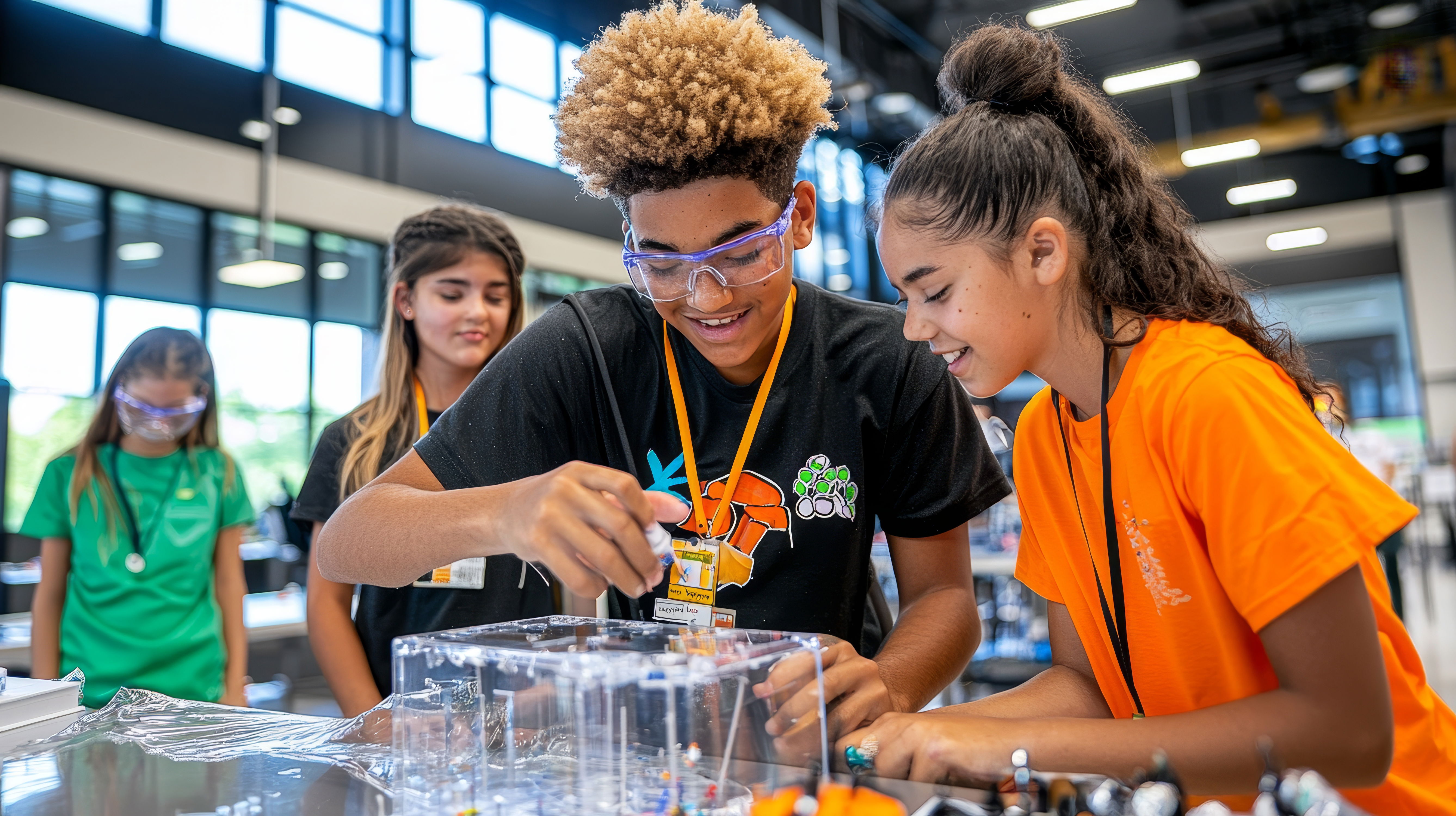Citizen Science Projects: Crowdsourced Science for Volunteers in 2025
Introduction
In 2025, citizen science—where everyday volunteers join forces with researchers to tackle big questions—has never been more vibrant or essential. From tracking urban butterflies to folding virtual proteins for drug discovery, these crowdsourced projects harness collective curiosity to accelerate breakthroughs, with over 570,000 NOAA participants alone logging 1.2 million hours last year. Amid global challenges like climate change and biodiversity loss, citizen science democratizes discovery, empowering anyone with a smartphone or backyard to contribute meaningfully. Platforms like SciStarter now list over 3,000 projects, up 20% from 2024, blending fun with impact—think photographing squirrels for urban ecology or transcribing Revolutionary War records for history.
This guide spotlights top projects across categories, from environmental monitoring to space exploration, with easy entry tips, real volunteer stories, and 2025 trends like AI-assisted analysis and DeSci (decentralized science) incentives. Whether you're a student, retiree, or parent, citizen science isn't just volunteering—it's co-authoring the future of knowledge. Ready to roll up your sleeves? Let's dive in!
What is citizen science? The Power of Crowdsourced Discovery
Citizen science flips the script on traditional research: Instead of ivory-tower experts, it's you—observing, collecting, or analyzing data alongside scientists. Defined by the EU's 2025 Prize as "public participation in scientific research," it spans simple tasks like snapping plant photos for iNaturalist to complex ones like galaxy classifications on Zooniverse. Benefits? Volunteers gain skills, scientists get massive datasets (e.g., eBird's 1B+ bird sightings), and society wins with faster solutions to real problems. 2025's boom: NASA's 25 new proposals fund projects like EZIE-Magnetometer for libraries, engaging 100,000+ in aurora tracking. The EU's €60,000 Grand Prize to HEROINES empowers Roma women via community mapping, proving inclusivity's power. Start easy: Apps like SciStarter match your interests—nature? Climate? Health?—with no expertise needed.

Top Citizen Science Projects for Volunteers in 2025
Curated from SciStarter's 2024 Wrapped (projecting 2025 growth), Wikipedia's lists, and NASA/EU updates, here are 10 standout projects across fields. All free and flexible—pick one that sparks joy!
Environmental and Biodiversity
- iNaturalist (Ages 8+, Global) Snap photos of plants/animals; AI suggests IDs, and scientists verify. 2025 Highlight: 3x China observations for urban ecology. Impact: Discovered 1,000+ new species. Time: 5 min/post. Join: App download.
- GLOBE Observer: Clouds (Ages 10+, Worldwide) NASA's cloud photos for weather/climate models. 2025: NORAD partnership for satellite validation. Impact: Improved hurricane forecasts. Time: 2 min/photo.
- Big Butterfly Count (Ages 6+, UK/Australia) 15-minute counts for conservation. 2025: #LeaveNoTrash tie-in for habitats. Impact: Tracked 20% decline, informing policy.
Health and Biology
- Foldit (Ages 12+, Online Game) Gamify protein folding for drug design. 2025: COVID vaccine molecule library. Impact: Solved 2020's antibiotic puzzle. Time: 15 min/session.
- Water Insights (Ages 10+, U.S. Cities) Test tap water for contaminants. 2025: Inventing Tomorrow expansion to 50 cities. Impact: Influenced local regulations.
Astronomy and Space
- Zooniverse Galaxy Zoo (Ages 13+, Global) Classify galaxies from telescope images. 2025: 1M classifications for JWST data. Impact: Discovered 100+ new types.
- GLOBE Observer: Land Cover (Ages 8+, Worldwide) NASA's photo uploads for deforestation tracking. 2025: AI integration for accuracy. Impact: Mapped 10M km² changes.
History and Humanities
- Transcribe Revolutionary War Records (Ages 12+, U.S.) NARA/NPS digitization. 2025: 100K pages crowdsourced. Impact: Unlocked family histories.
Emerging DeSci Projects
- Ranger App (Ages 16+, Global)Upload wildlife photos for biodiversity; Web3 rewards via AxonDAO. 2025: First DeSci grant winner.
- HEROINES (Ages 18+, Serbia): Roma women map oral histories. 2025 EU Prize winner. Impact: Policy advocacy.
How to Get Involved: Tips for New Volunteers
- Match Interests: The SciStarter quiz (5 min) suggests projects.
- Start Small: 10 min/week—e.g., an iNaturalist walk.
- Track Impact: Apps show your contributions (e.g., Zooniverse stats).
- Join Events: Citizen Science Month (April 2025) webinars.
- For Kids: GLOBE Observer's Clouds—family photo hunts.
Safety: Follow guidelines; no personal data shared.
Real Impact Stories: Volunteers Making a Difference
- iNaturalist User: A 14-year-old's bee photo aided a UK pesticide study, influencing 2025 regs.
- Zooniverse Galaxy Spotter: Retired teacher's classification helped map dark matter.
- Foldit Gamer: Teen's protein fold advanced 2025 antibiotic research.
2025 Trends: DeSci and AI in Crowdsourcing
- DeSci Platforms: AxonDAO's Ranger rewards photo uploads with tokens.
- AI Assistance: Zooniverse's ML pre-classifies, speeding volunteers up 30%.
- Inclusivity Push: EU's HEROINES empowers marginalized voices.
- Global Growth: China's 3x iNaturalist observations.
Challenges: Data quality; solutions: Training webinars.
Conclusion
Citizen science in 2025—from iNaturalist's snaps to Foldit's folds—proves one person's observation is everyone's breakthrough. As SciStarter's 2024 Wrapped heralds 2025's top projects, join in: Your contribution counts. Explore, observe, discover—the crowd awaits!